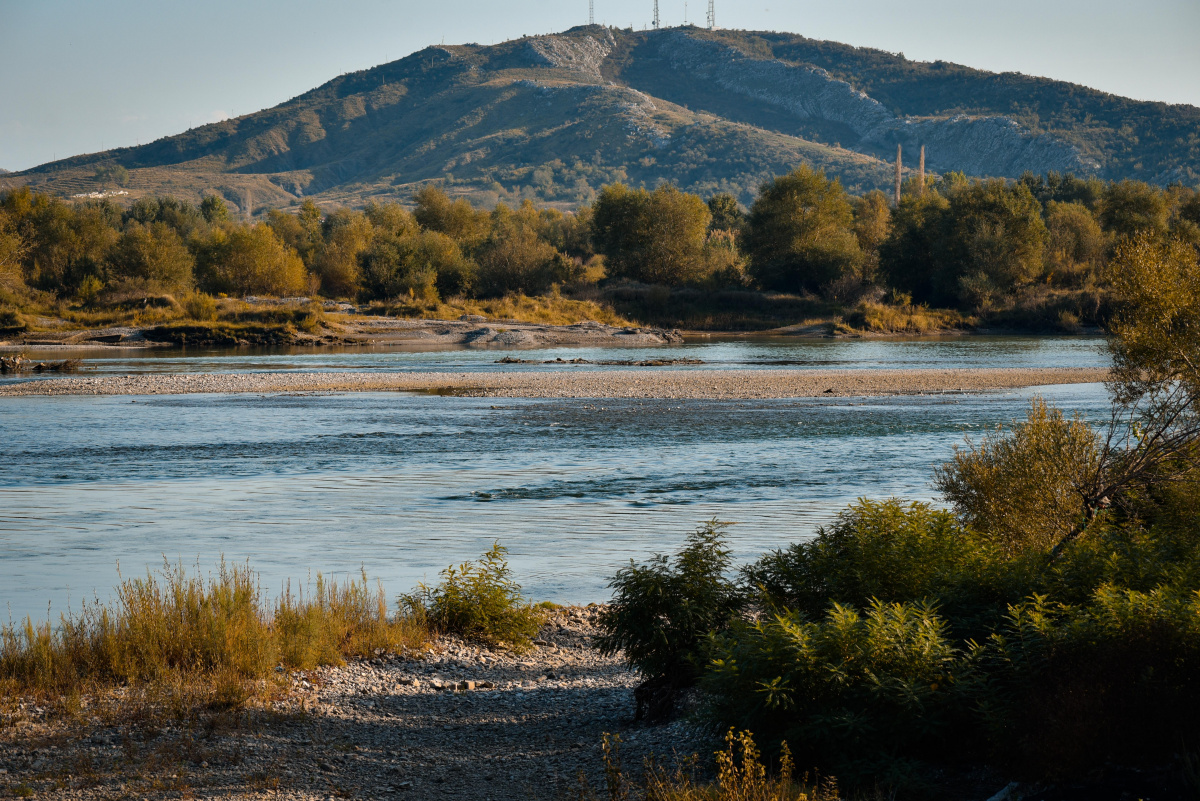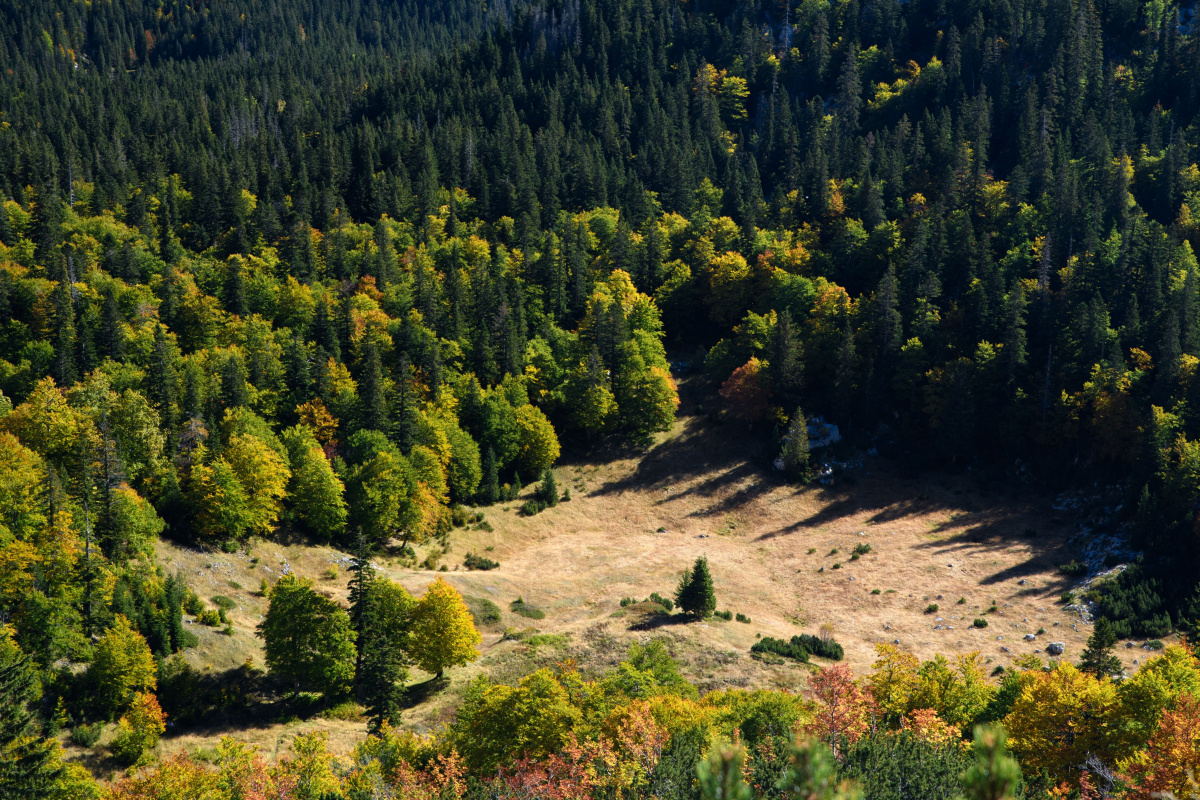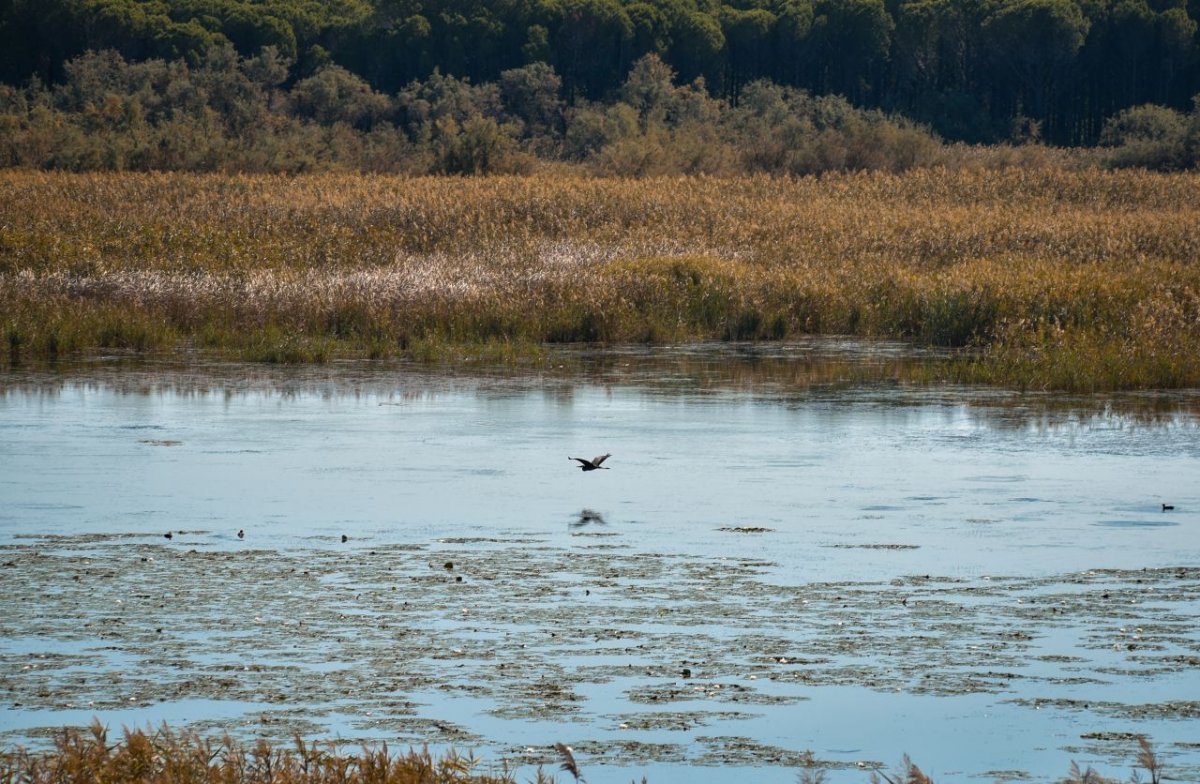Safeguarding vital forests in Albania and North Macedonia for the benefit of nature and people
In collaboration with the Macedonian Ecological Society (MES) and Protection and Preservation of Natural Environment in Albania (PPNEA), with the support of the Ministry of Environment and Physical Planning, Republic of North Macedonia, a new project “Northern Forests Initiative: Forest Restoration in North Macedonia and Albania” was launched at National Park Mavrovo.
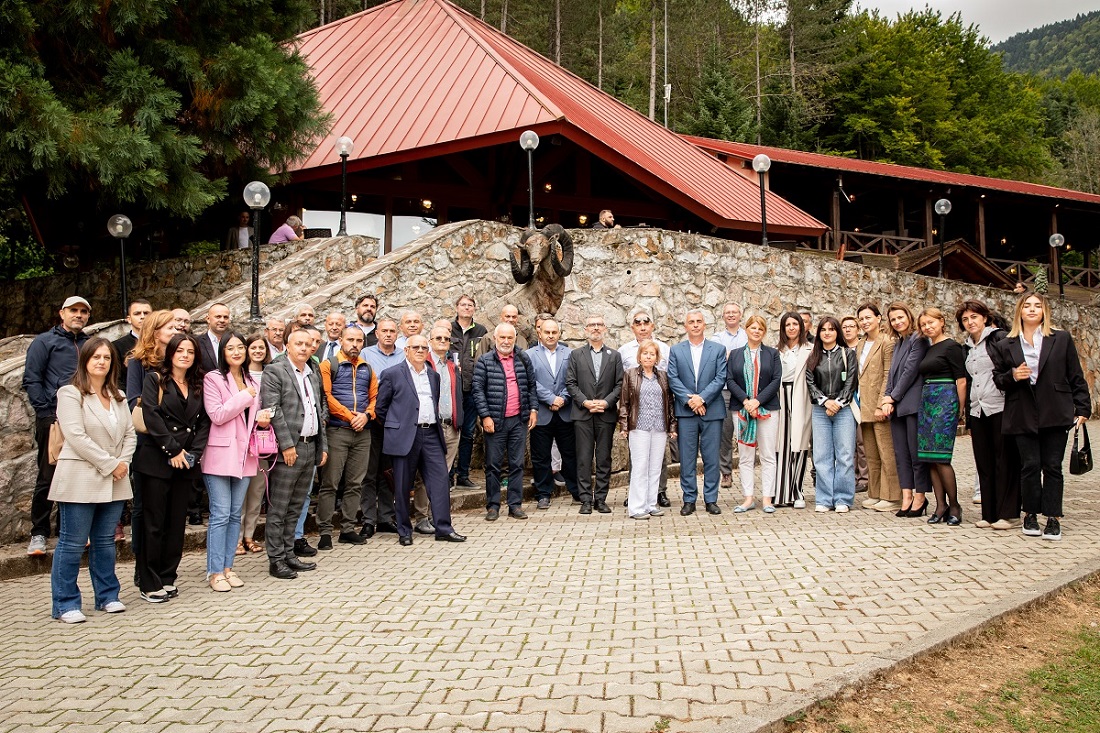
Strategic partners at NP Mavrovo
As part of the global "Northern Forest Initiative" funded by the Swedish Postcode Foundation, the project aims to contribute to the restoration and preservation of especially important forests in Albania and North Macedonia and strengthen the capacity and commitment of local, regional, and national actors for sustainable forest management.
“The revitalization of forests in North Macedonia and Albania is important for our countries, but also for the fulfilment of European goals from the EU Forest Strategy until 2030, because natural ecosystems do not recognise borders and require harmonised and sustainable management. We strive for their protection, but at the same time we also support their socio-economic function in order to ensure the prosperity of rural areas and encourage a sustainable bio-economy based on forests”, emphasized the Minister of Environment and Physical Planning, Kaja Shukova in her welcoming speech.
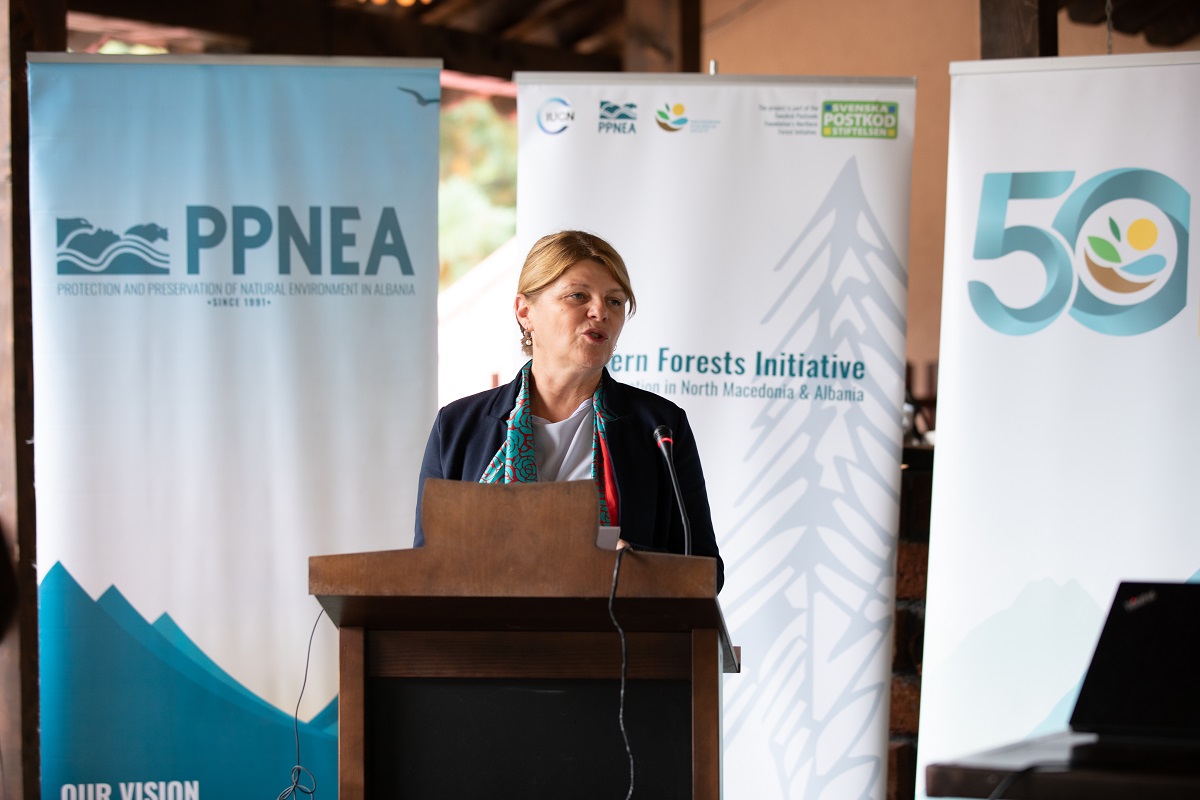 Minister Kaya Shukova, Ministry of Environment and Physical Planning, Republic of North Macedonia
Photo: Macedonian Ecological Society (MES)
Minister Kaya Shukova, Ministry of Environment and Physical Planning, Republic of North Macedonia
Photo: Macedonian Ecological Society (MES)
Over the past two decades, North Macedonia and Albania have suffered a 5.5% and 6.5% loss of total tree cover, respectively, according to Global Forest Watch. These alarming trends extend to biodiversity-rich regions, including habitats critical for the survival of the Critically Endangered Balkan Lynx[1] and vital wildlife corridors that connect different forest areas nationally and transnationally. The repercussions of climate change have also intensified wildfire damage across the region, resulting in decreased forest diversity and ecosystem resilience and making them susceptible to pests and diseases.
“The Swedish Postcode Foundation has a long-term commitment to combatting climate change and preserving biodiversity. Preventing deforestation and exploitation as well as preserving and restoring forests are effective tools and a necessity. We therefore initiated the Northern Forests Initiative as the boreal and temperate forests of Europe, North America, the Caucasus and Central Asia play an important role for both climate and biodiversity but are quite often overseen. Enabling IUCN to advance the sustainable forest management in Albania and North Macedonia is something we are very much looking forward to,” stated Marie Dahllör, Secretary General, the Swedish Postcode Foundation.
The project seeks to counteract further forest loss by launching restoration efforts in key biodiversity landscapes beyond protected areas. By implementing Nature-based Solutions (NbS), the project will focus on forest landscape restoration in significant areas for the conservation of the Balkan Lynx, specifically Bukovikj in North Macedonia and Pashtrik-Morina in Albania.
The restoration efforts will yield numerous benefits, including carbon sequestration and enhanced ecosystem resilience. Beyond its direct outcomes, the project plays a pivotal role in building capacities and commitments for future restoration endeavors, aligning with the Bonn Challenge[2] and promoting sustainable forest management in both countries.
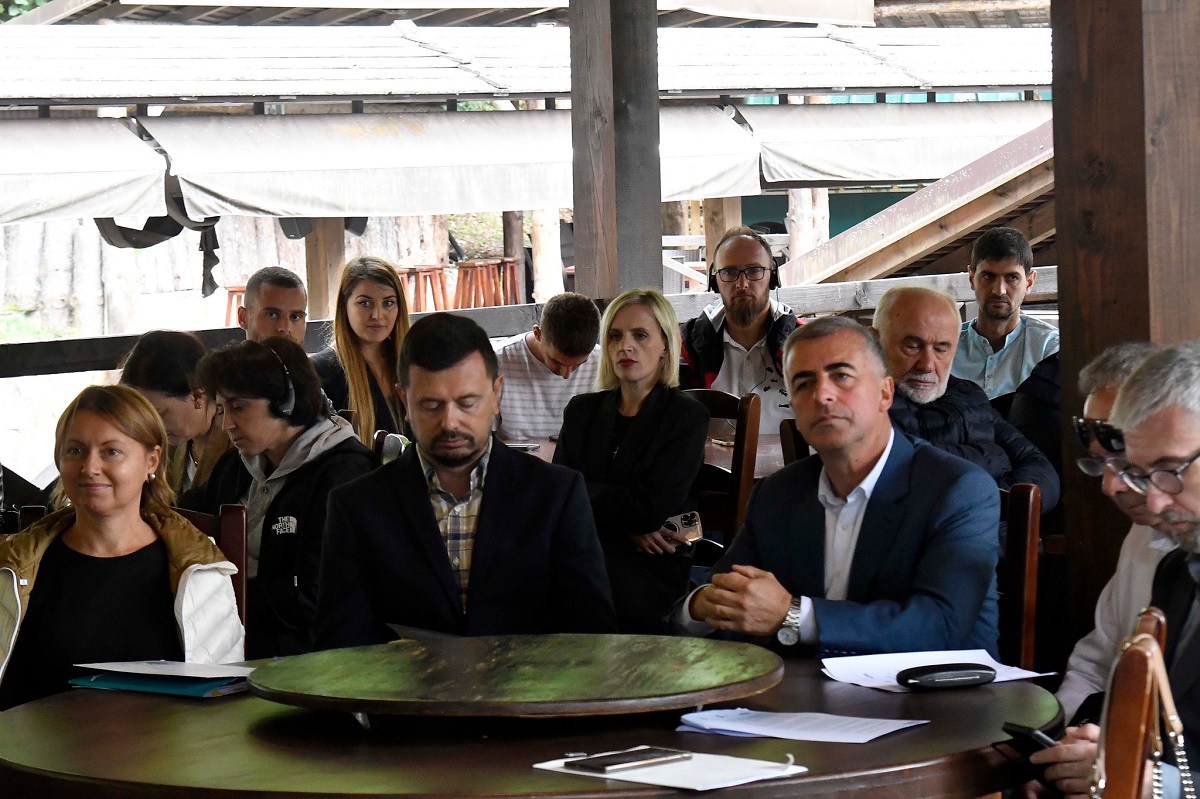 Photo: Ministry of Environment and Physical Planning, North Macedonia
Photo: Ministry of Environment and Physical Planning, North Macedonia
The launch event featured insightful presentations from experts and implementing partners, shedding light on the current state of forests in the region and the urgency of restoration efforts. Attendees engaged in discussions about key project activities and explored opportunities for future partnerships and collaborative initiatives. Representatives from various national and local authorities from both Albania and North Macedonia, together with representatives from international organisations and NGOs, conservation community and academia attended the event, highlighting the project's wide-ranging support.
"This project signifies a crucial step towards rejuvenating forests that are vital to the health of our ecosystems and the well-being of the communities,” stressed Boris Erg, Director of IUCN’s Regional European Office. “Moreover, it showcases the commitment to the restoration and conservation of forest ecosystems in North Macedonia and Albania. The implementation of Nature-based Solutions (NbS) is a crucial step forward in restoring degraded forests, enabling their sustainable management and thus enhancing resilience in the face of climate change. The joint action of key restoration actors and dedication shown here today gives hope for a brighter, more sustainable future," he concluded.
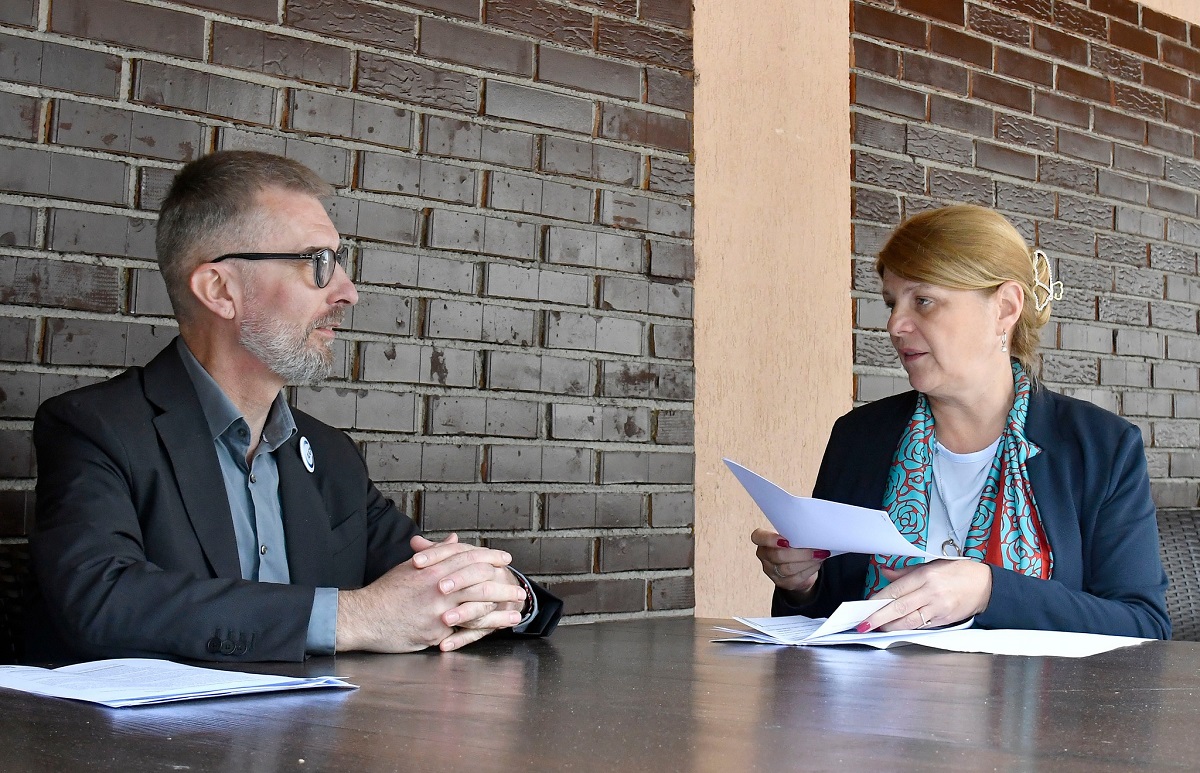 Boris Erg and Minister Shukova
Photo: Ministry of Environment and Physical Planning, North Macedonia
Boris Erg and Minister Shukova
Photo: Ministry of Environment and Physical Planning, North Macedonia
The two-year project will focus on restoring especially important forests in two priority areas in each country selected through the Restoration Opportunities Assessment Methodology (ROAM) as well as strengthening local, regional, and national actors' capacity and commitment in terms of forest management and restoration via trainings, workshops, and advocacy work.
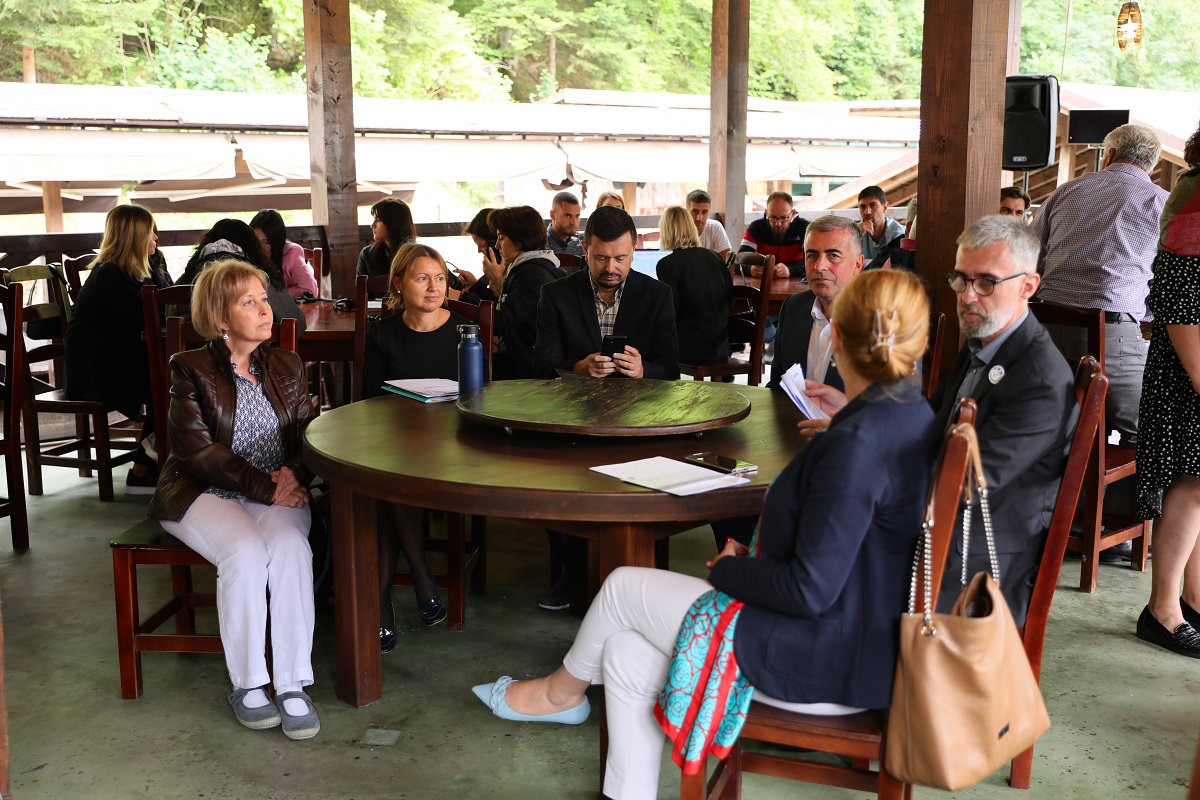 Photo: Macedonian Ecological Society (MES)
Photo: Macedonian Ecological Society (MES)
[1] Balkan Lynx Lynx lynx ssp. balcanicus has most recently been assessed for The IUCN Red List of Threatened Species in 2015. Lynx lynx ssp. balcanicus is listed as Critically Endangered under criteria D.
[2] The Bonn Challenge is a global goal to bring 150 million hectares of degraded and deforested landscapes into restoration by 2020 and 350 million hectares by 2030.
